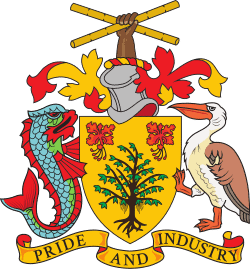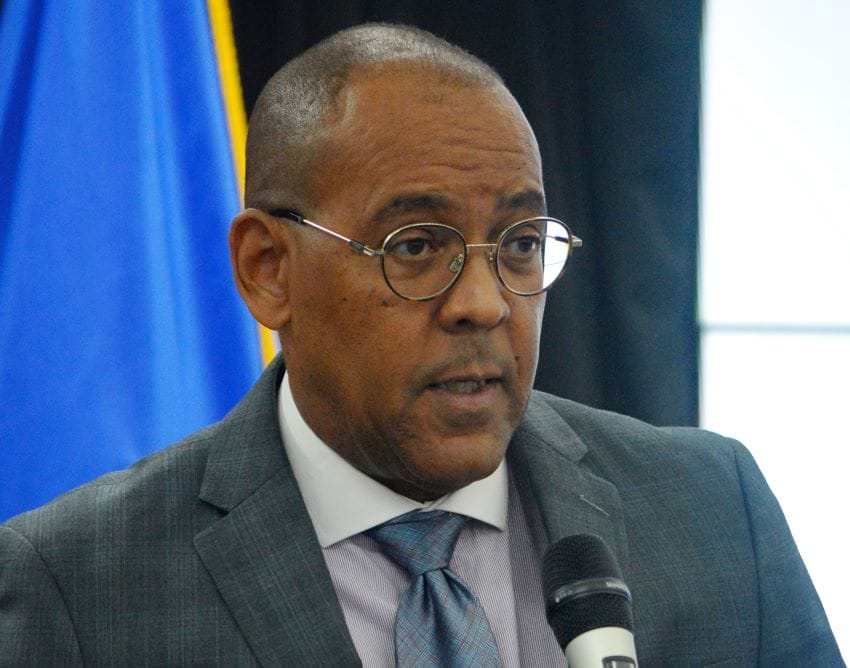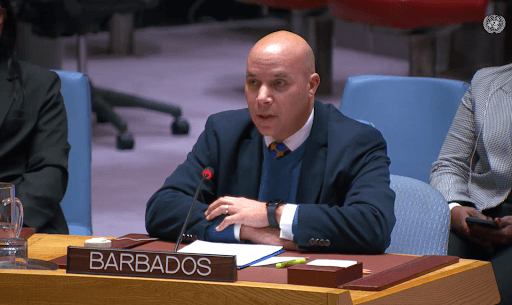The regional CARICOM coordinating body on trade, the Council for Trade and Economic Development (COTED), has taken a “bold step” to support the region’s paint industry with the alteration of the Common External Tariff (CET) on paints and varnishes to 35 per cent.
The decision, which takes effect from July 1, 2026, was made by COTED Ministers at the 60th Regular Meeting of the COTED, under the chairmanship of Barbados’ Minister of Foreign Affairs and Foreign Trade, Kerrie Symmonds, and was the result of region-wide collaboration.
It is expected to catalyse approximately US$200 million in investments in the CARICOM Single Market and Economy’s paints and coatings sector over the next three years.
During the meeting, Minister Symmonds noted that the paint industry across CARICOM voiced concerns about the increasing inability to maintain a competitive position in a context where large importers from the United States and elsewhere have persistently offered paints and coatings at rates which are less than commercial.
In some cases, evidence suggests that the price offered is as much as 30 per cent below base prices in the exporting country. They also presented evidence of persistently lower free on board prices to the CARICOM region than those which exist at points of sale across the continental US and in Canada.
“The clear inference to be drawn was that the regional paints and coatings manufacturers were being undercut in a systematic way. The paint industry in the region employs approximately 3,000 people and is one of Barbados’ critical exports in the region. The actions of these exporters into the CARICOM market have led to the substantial erosion of the market share of the CARICOM manufacturers in our regional market.
“It was against that backdrop that corrective measures were taken to prevent further disruption of employment opportunities and erosion of market share in the region,” Mr. Symmonds explained.
The CET alteration comes as CARICOM advances its Industrial Policy framework, amidst a resurgence of regionalism, rising global tensions, and the imposition of the U.S. reciprocal tariff of 10 per cent on CARICOM exports. In this context, the move to strengthen tariff protection for key industries, such as the paints and coatings sector, represents both a necessary defence and a proactive step toward deeper regional integration.
The CARICOM Private Sector Organization (CPSO) was tasked with coordinating the technical work underpinning the request for the CET alteration for paints and coatings by paint manufacturing companies in the Organization of Eastern Caribbean States.
The Chief Executive Officer (CEO) and Technical Director of the CPSO, Dr. Patrick Antoine, remarked that this action, which commenced with the smallest of manufacturers, secured the support of the COTED Ministers.
“The alteration in the CET to 35 per cent represents a necessary and timely intervention for the paint and varnishes industry. This decision will set us on a pathway to level the playing field for CARICOM manufacturers, safeguard regional jobs, and ensure that investment in quality production is not undermined by unfair trade practices,” Dr. Antoine stated.
He indicated that the CPSO stands ready to support Member States with the implementation of the COTED decision by July 1, 2026. Dr. Antoine commended the Chair of COTED, Minister Symmonds, for his visionary leadership and steadfast commitment to ensuring a rules-based, equitable trade environment that supports regional production and enables CARICOM’s industrial development.





